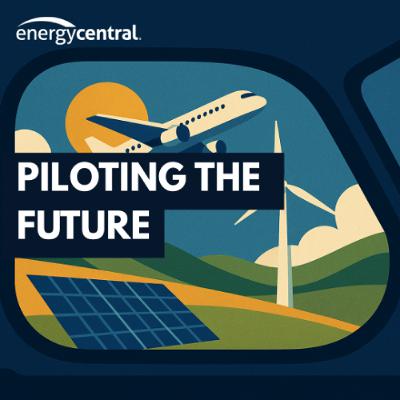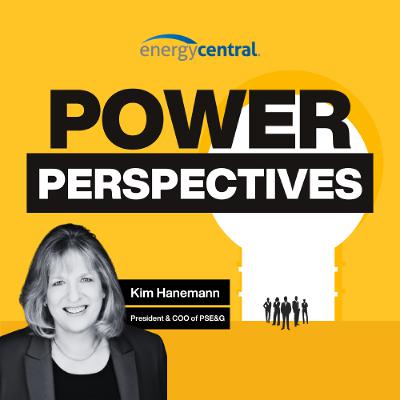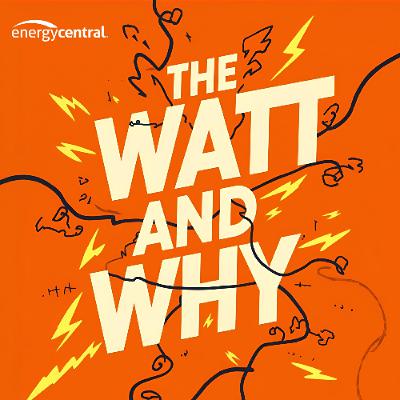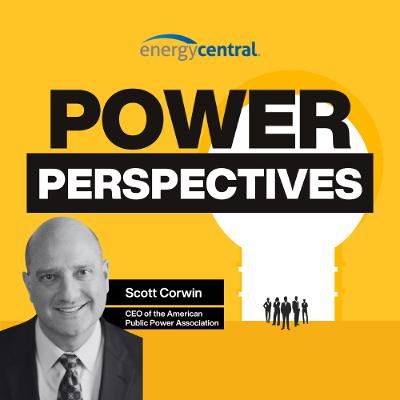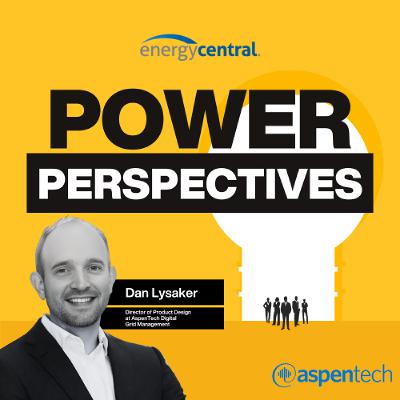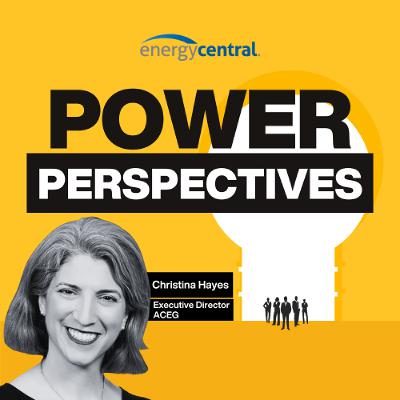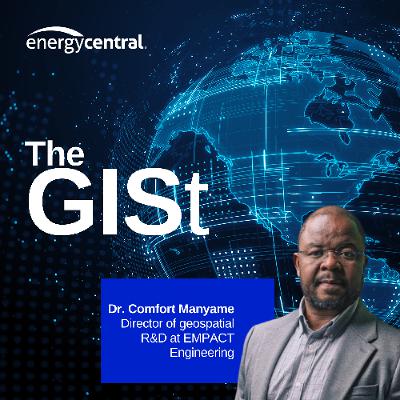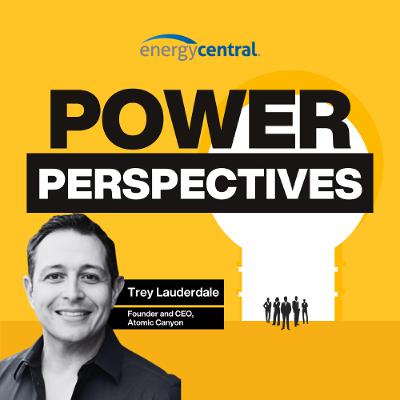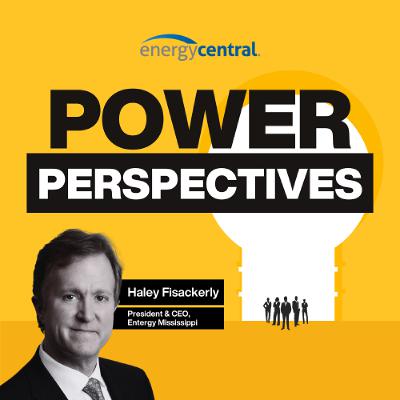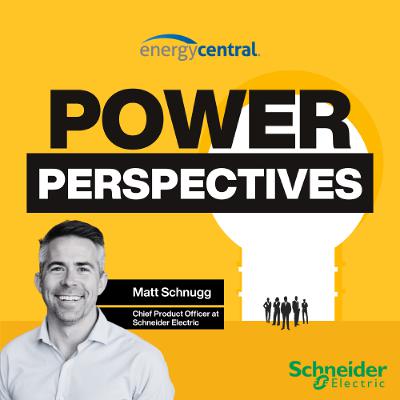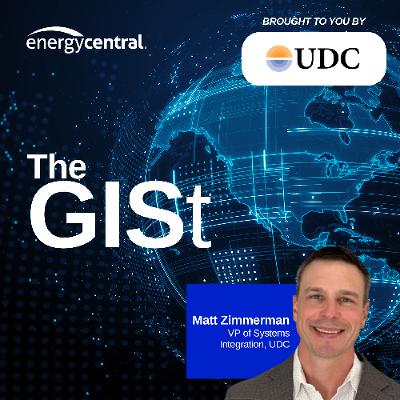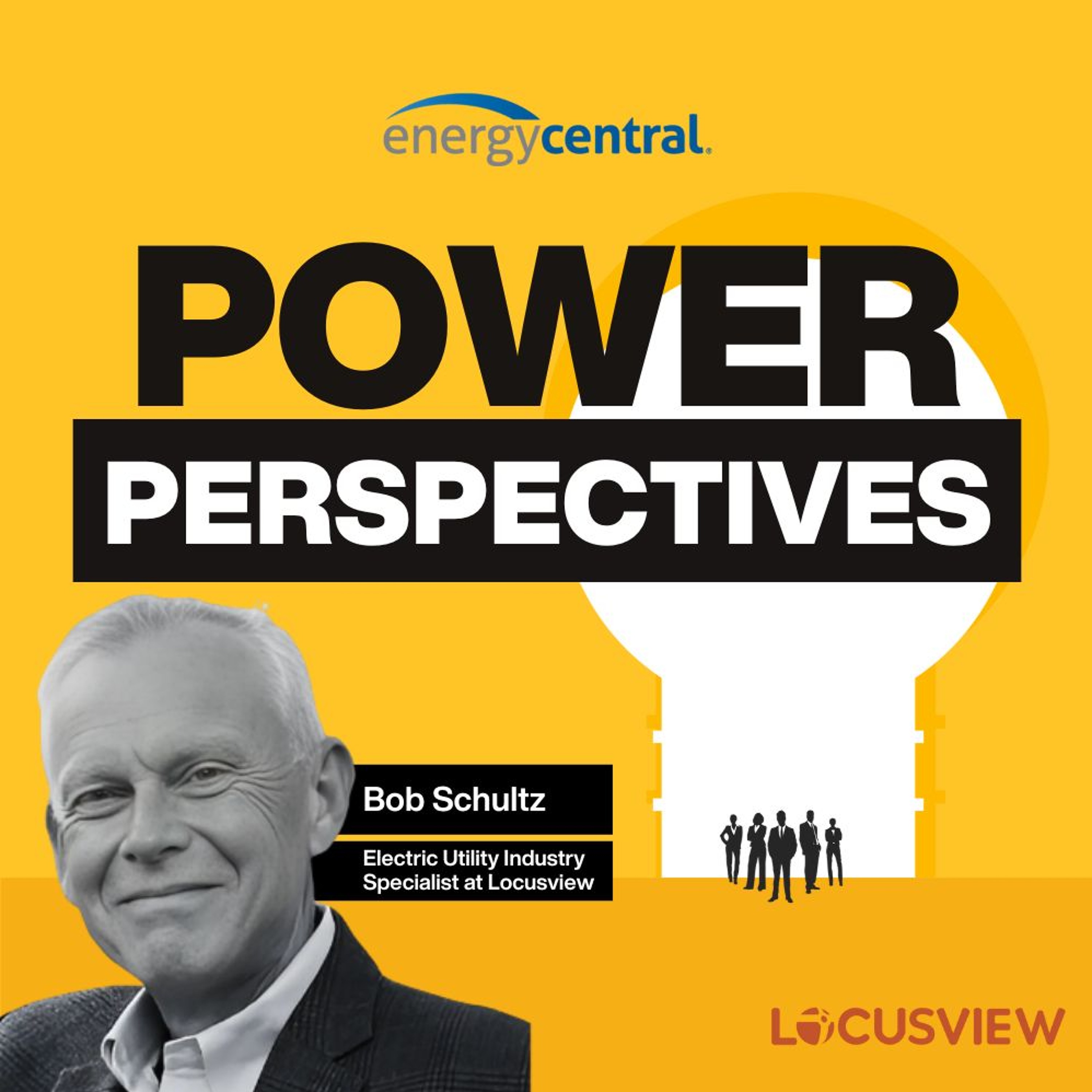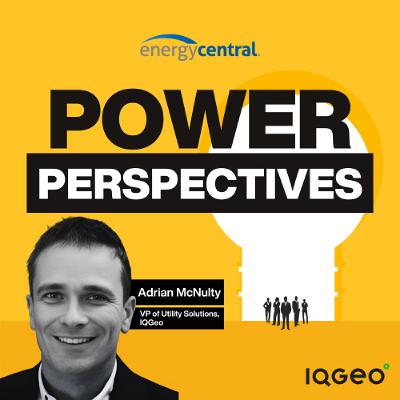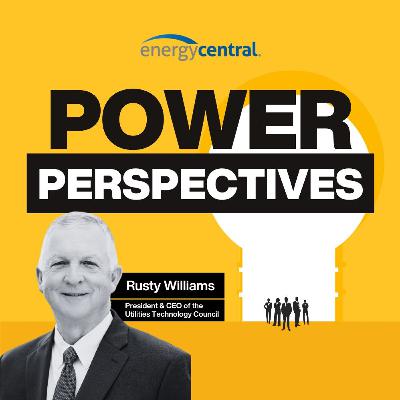Who will power the AI future?
Update: 2025-09-11
Description
Move fast and break things? Not at utilities. More like move slowly and keep the lights on.
Utilities have a reputation for being slow to innovate and adapt. Where does that come from? Well…they’re highly regulated, they’re used to financing investments with a guaranteed rate of return, and they’re on the hook for BIG bills if innovation goes south.
All those realities contribute to the capital bias in energy—the inefficient phenomenon in which traditionally regulated utilities are incentivized to favor capital-intensive investments over cost-effective operational expenses (read: tech advancements). Simply put? More trillion-dollar poles and lines, fewer million-dollar demand response programs, for example.
It’s not a permanent problem, though. Utilities can get faster in meeting the demand moment…and today on Piloting the Future, we explore exactly how they’re going to keep pace with the hyperscalers outspending them on innovation by leaps and bounds.
Today’s guests: Dr. Elizabeth Cook, VP of Technical Strategy at AEIC, and Ken Silverstein, Senior Contributor at Forbes. They join Kim and Lee in a deeply insightful, forward-thinking conversation about breaking through gridlock by overcoming this capital bias to determine who will own the power future: utilities...or Big Tech?
Don’t miss this first episode of our Gridlocked miniseries—building the grid of the future requires taking some risks…safely. And this week, we’re exploring how that becomes possible.
Utilities have a reputation for being slow to innovate and adapt. Where does that come from? Well…they’re highly regulated, they’re used to financing investments with a guaranteed rate of return, and they’re on the hook for BIG bills if innovation goes south.
All those realities contribute to the capital bias in energy—the inefficient phenomenon in which traditionally regulated utilities are incentivized to favor capital-intensive investments over cost-effective operational expenses (read: tech advancements). Simply put? More trillion-dollar poles and lines, fewer million-dollar demand response programs, for example.
It’s not a permanent problem, though. Utilities can get faster in meeting the demand moment…and today on Piloting the Future, we explore exactly how they’re going to keep pace with the hyperscalers outspending them on innovation by leaps and bounds.
Today’s guests: Dr. Elizabeth Cook, VP of Technical Strategy at AEIC, and Ken Silverstein, Senior Contributor at Forbes. They join Kim and Lee in a deeply insightful, forward-thinking conversation about breaking through gridlock by overcoming this capital bias to determine who will own the power future: utilities...or Big Tech?
Don’t miss this first episode of our Gridlocked miniseries—building the grid of the future requires taking some risks…safely. And this week, we’re exploring how that becomes possible.
Comments
In Channel

